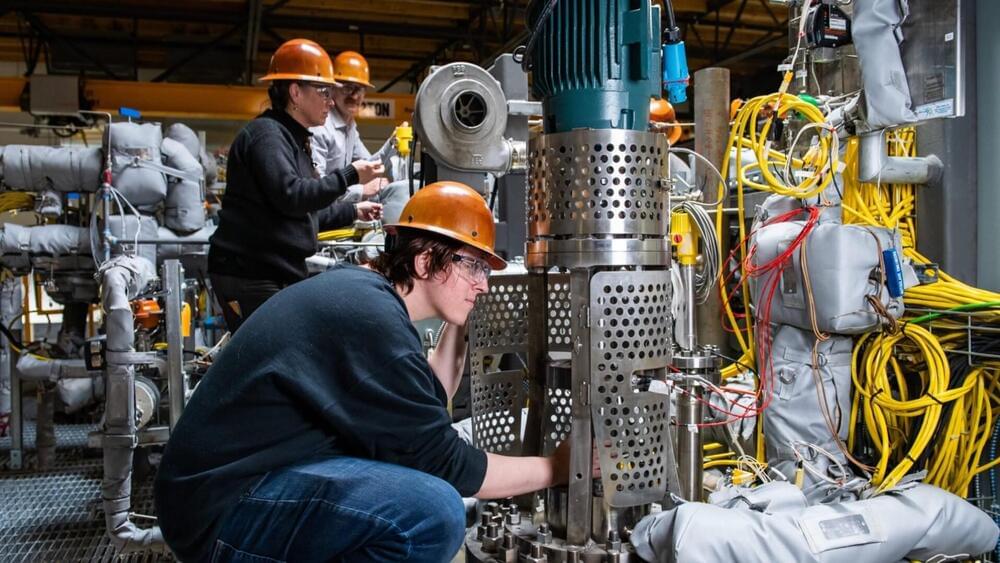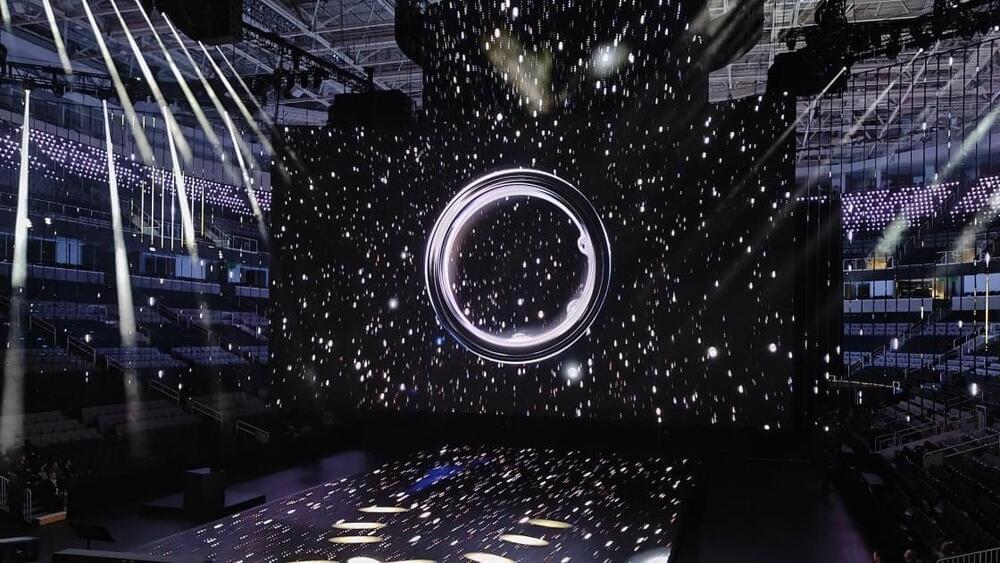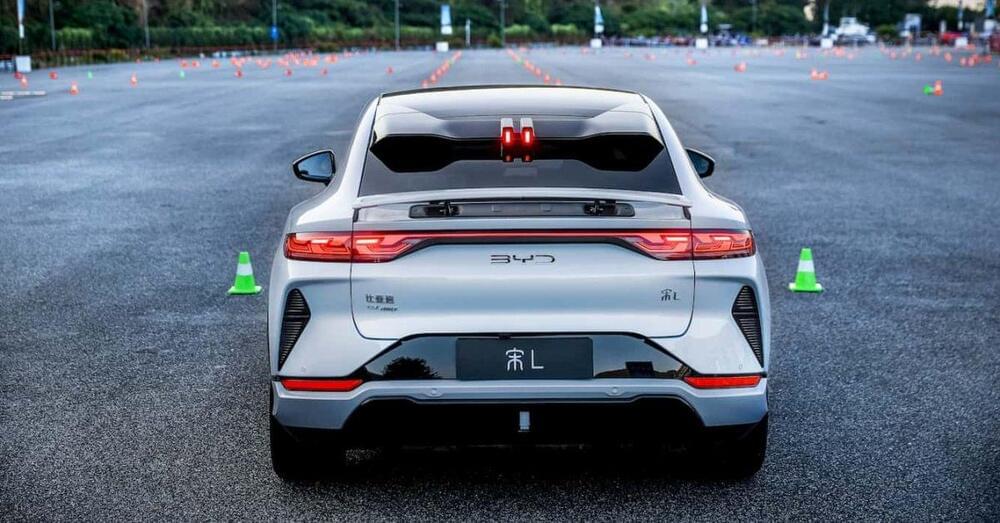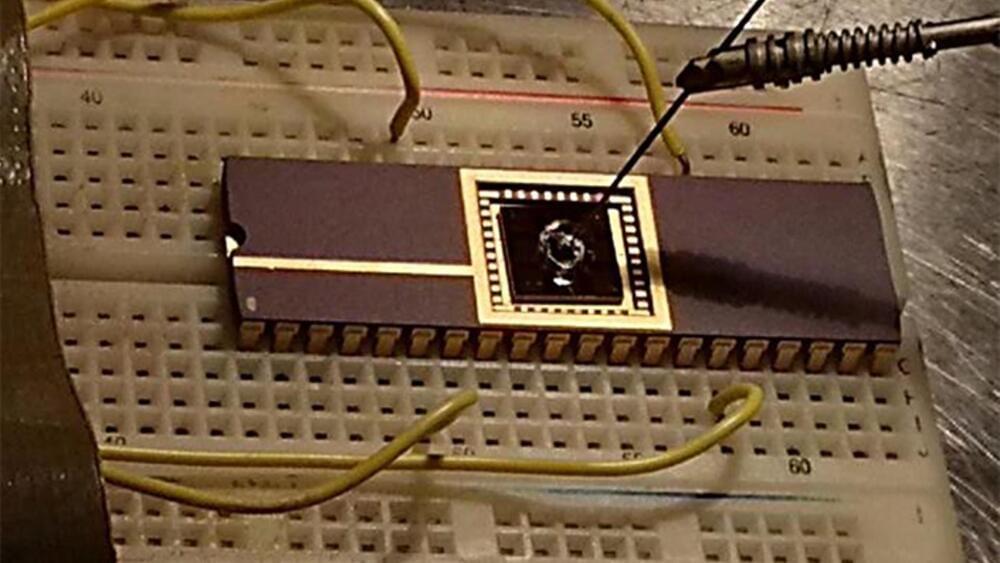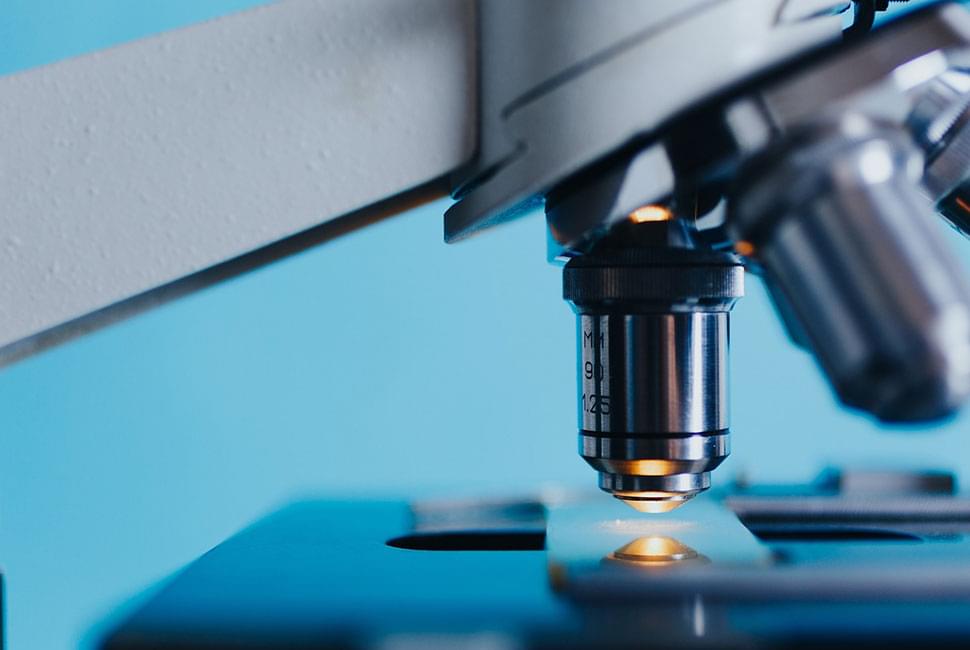
Tissue contamination distracts AI models from making accurate real-world diagnoses. Human pathologists are extensively trained to detect when tissue samples from one patient mistakenly end up on another patient’s microscope slides (a problem known as tissue contamination). But such contamination can easily confuse artificial intelligence (AI) models, which are often trained in pristine, simulated environments, reports a new Northwestern Medicine study.
“We train AIs to tell ‘A’ versus ‘B’ in a very clean, artificial environment, but, in real life, the AI will see a variety of materials that it hasn’t trained on. When it does, mistakes can happen,” said corresponding author Dr. Jeffery Goldstein, director of perinatal pathology and an assistant professor of perinatal pathology and autopsy at Northwestern University Feinberg School of Medicine.
“Our findings serve as a reminder that AI that works incredibly well in the lab may fall on its face in the real world. Patients should continue to expect that a human expert is the final decider on diagnoses made on biopsies and other tissue samples. Pathologists fear — and AI companies hope — that the computers are coming for our jobs. Not yet.”
